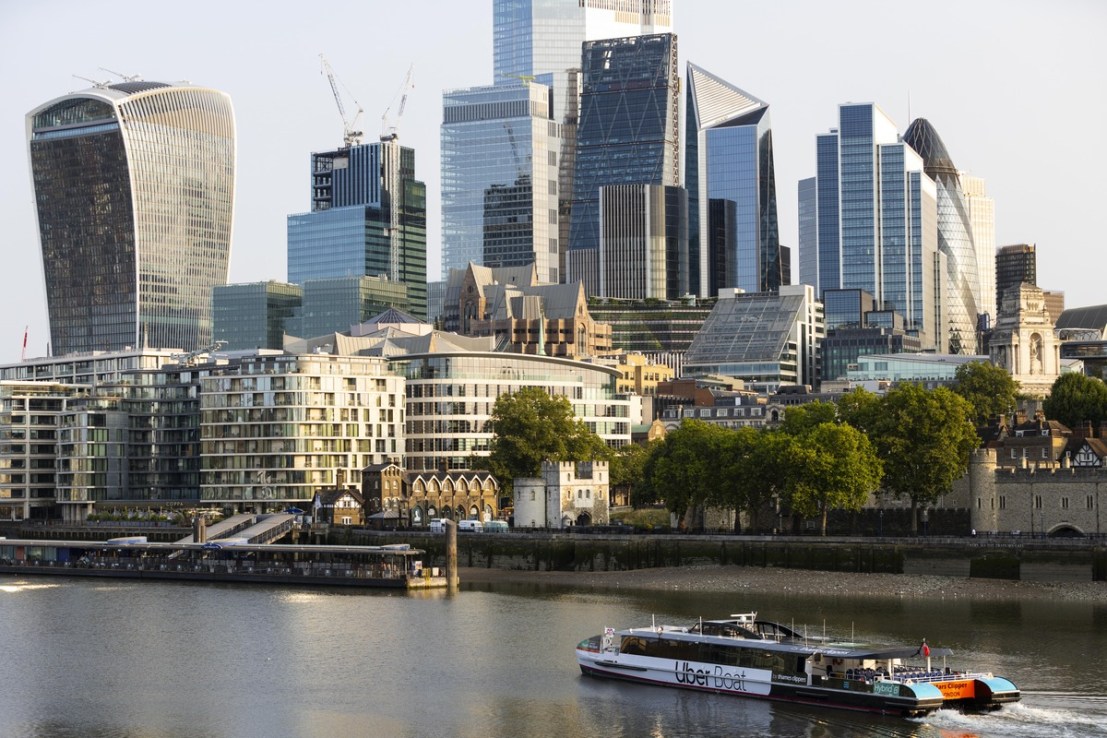Uber Boats by Thames Clippers has secured £59 million in funding from NatWest and Santander, following a sustained rise in passenger numbers since the Covid-19 pandemic.
The London-based river transport operator said the joint funding package would be used to support ongoing investment into its fleet and infrastructure, including the addition of new vessels, pier upgrades and enhancements to dry docking facilities.
Chief financial officer Liam Hather said: “It’s vital that we have funding partners who are proactive and can provide us with financial support that allows us to deliver on our plans. This latest agreement provided by NatWest and Santander will support our continued investment into our fleet so we can provide the water transport services which customers value and rely on.”
Formed in 1999 with a single vessel, Thames Clippers has grown to operate a 20-strong fleet of high-speed boats along the River Thames. In 2020, it partnered with Uber, rebranding its ferries and integrating trip bookings through the Uber app.
Since the pandemic, the operator has experienced a steady recovery in footfall. Passenger numbers surpassed four million last year, following a 10 per cent increase in 2023. With the help of the new funding, the company aims to expand its fleet of electric-powered vessels as part of its push for cleaner river transport.
Lawrence House, relationship director at NatWest, described the business as a “real UK marine success story”. He said: “They deliver a vital transport link to the capital, while being mindful of their carbon footprint, and also re-invest into the UK by ordering new vessels from Wight Shipyard on the Isle of Wight.
“This facility will contribute to the improvement of transport infrastructure across the River Thames and London. Uber Boat by Thames Clippers provide a much-loved service to London commuters and visitors, and we look forward to working with them in the future.”
In October, City A.M. reported that Uber Boat’s operator, Collins River Enterprises, had returned to profitability in 2023, posting a pre-tax profit of £5.4 million after a £4 million loss in 2022. It was the firm’s first pre-tax profit since 2019, when it posted earnings of £1.6 million. Turnover also grew from £36.1 million to £42 million during the 12-month period.




